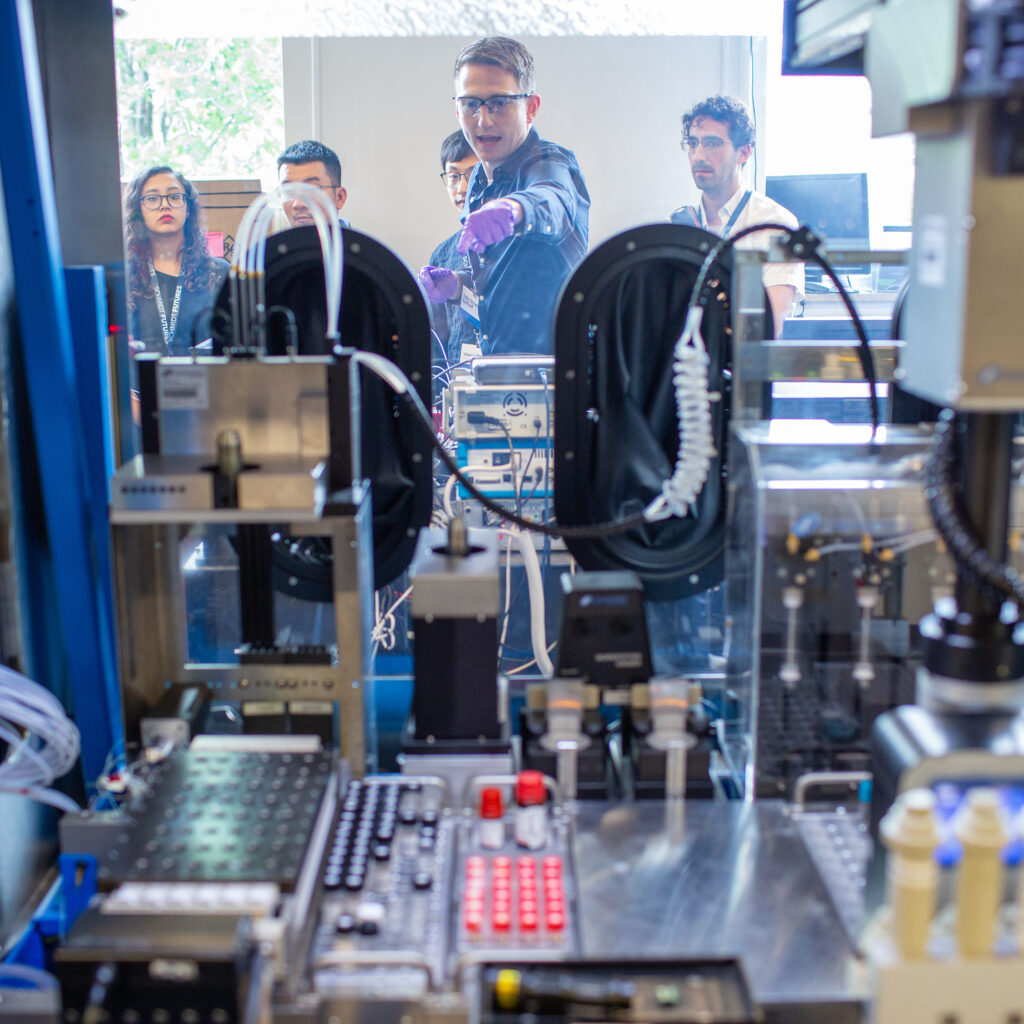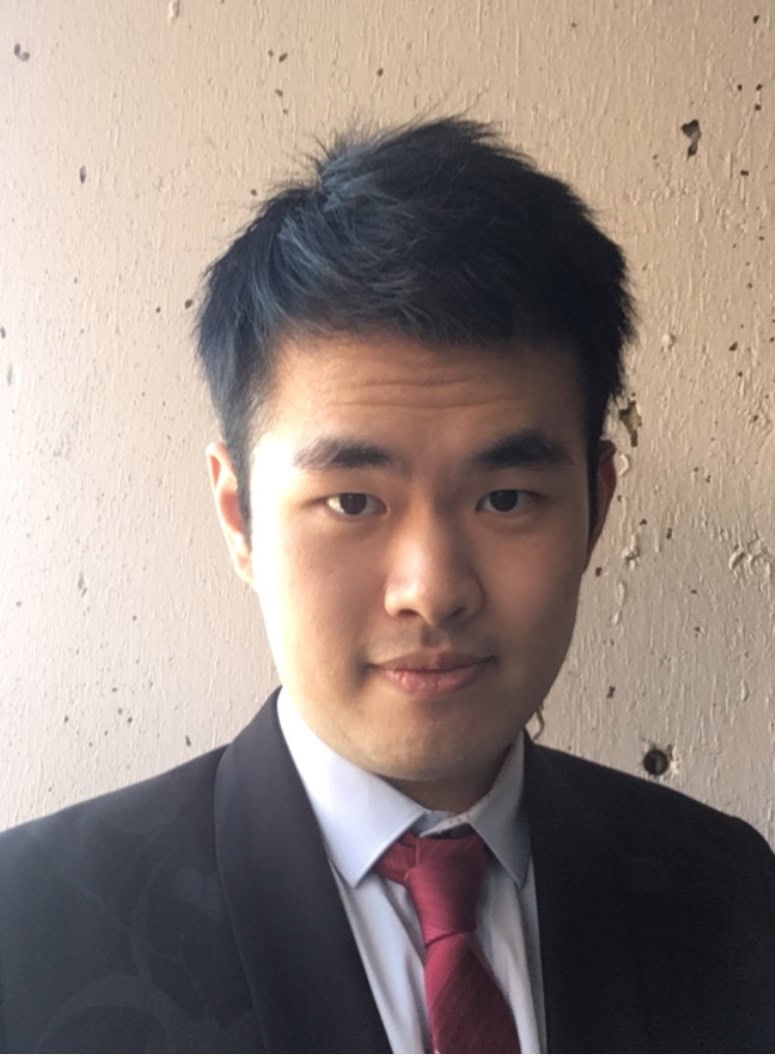Dr Strieth-Kalthoff, from the Department of Chemistry, used his fellowship to focus on making molecules sustainably and efficiently. His work bridges the gap between chemistry and artificial intelligence.
“My research integrates machine learning with chemical synthesis and catalysis,” said Dr Strieth-Kalthoff. “By developing algorithms to optimize chemical reactions, my goal is to streamline drug development, agrochemistry and material performance.”
“I am deeply grateful for the Schmidt Fellowship,” Dr Strieth-Kalthoff continued. “It empowered me to explore innovative machine learning models and algorithms to aid decision-making in the chemical reaction space. Ultimately, I know these tools can be integrated into robotic laboratories, which will fundamentally change research in this space. The support of this fellowship has made a huge difference in enabling me to advance my research.”
Under the mentorship of the U of T Schmidt AI in Science co-director Dr Alán Aspuru-Guzik, from the Department of Chemistry and the Department of Computer Science, Dr Strieth-Kalthoff’s work promises to advance sustainable chemical processes and materials. His project envisioned a future where AI-driven robotic laboratories enhance the efficiency and sustainability of chemical synthesis.
Dr Aspuru-Guzik praises his work: “Using AI and robotics together in a lab is the future of science. Felix has demonstrated exceptional multidisciplinary creativity and dedication to building this concept. He is a true scientist of the future.”
Dr Strieth-Kalthoff began an assistant professorship in digital chemistry at the University of Wuppertal in Germany at the end of August.




